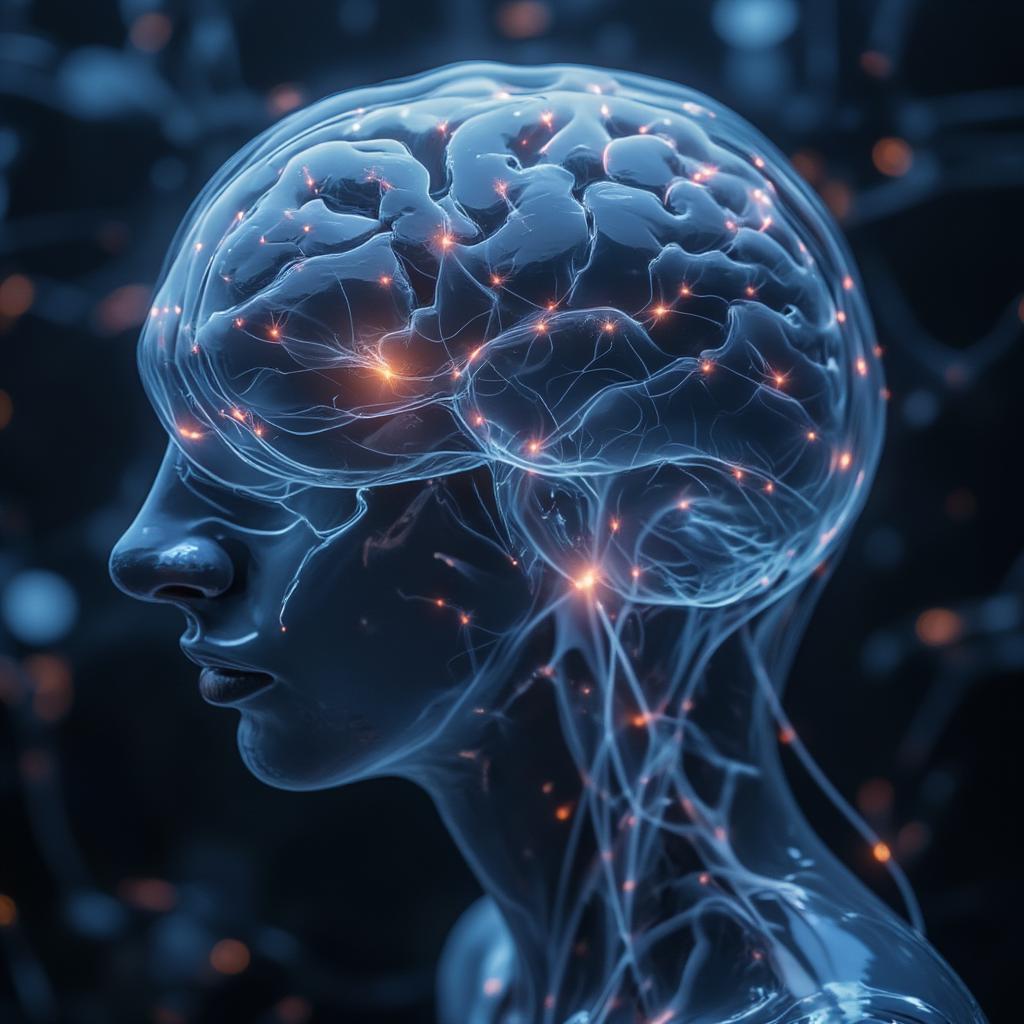Can Sharks Feel Love? It’s a question that has captivated scientists and ocean enthusiasts for decades. While the image of a cuddly shark might seem far-fetched, exploring the emotional capacity of these apex predators reveals a fascinating world beneath the waves. This article dives deep into the science and speculation surrounding shark emotions, addressing whether love, or something akin to it, exists in their complex social lives.
Do Sharks Experience Emotions?
Understanding if sharks can feel love begins with exploring their capacity for emotions in general. While complex emotions like love are difficult to definitively prove in animals, research suggests sharks possess a range of emotional responses. Observed behaviors, including play, social bonding, and even signs of distress, hint at a richer emotional life than previously thought.
- Social Interactions: Sharks often exhibit complex social behaviors, forming groups and displaying distinct personalities. These interactions suggest the potential for emotional connections beyond simple survival instincts.
- Play Behavior: Observations of sharks engaging in what appears to be play, such as tossing inanimate objects or interacting playfully with other individuals, suggest a capacity for enjoyment and possibly even joy.
- Physiological Responses: Studies measuring stress hormones in sharks indicate they experience physiological responses to stressful situations, further supporting the idea of an emotional landscape.
Can Sharks Form Bonds?
Beyond basic emotions, the ability to form bonds is crucial in exploring the potential for love in sharks. While not romantic in the human sense, sharks demonstrate intriguing social connections. Certain species display loyalty within groups, returning to the same locations and interacting with familiar individuals.
- Kin Recognition: Evidence suggests some shark species can recognize their relatives, which could influence social dynamics and indicate a form of familial bond.
- Cooperative Hunting: Some shark species engage in cooperative hunting strategies, relying on coordinated actions to capture prey. This behavior requires a level of trust and communication, implying a form of social bonding.
What Does “Love” Mean for a Shark?
Defining “love” in the context of sharks requires a shift in perspective. Human definitions of love often involve complex emotional and cognitive processes. For sharks, “love” might manifest differently, perhaps through displays of loyalty, protection of young, or preferential interaction with specific individuals. While we can’t definitively say sharks experience love in the same way humans do, dismissing the possibility of complex emotional connections within their world would be premature.
Anthropomorphism vs. Scientific Observation
It’s important to avoid anthropomorphizing shark behavior, projecting human emotions onto them without sufficient evidence. Scientific observation and research are crucial in understanding their true emotional capacities. Dr. Melissa Marquez, a marine biologist specializing in shark behavior, cautions, “We must be careful not to impose our human understanding of love onto sharks. Their social and emotional lives are complex and deserve careful study, free from preconceived notions.”
The Future of Shark Emotion Research
Further research is essential to unravel the complexities of shark emotions. Advanced technologies, including brain imaging and hormonal analysis, hold promise for deeper insights. Continued observation of shark behavior in their natural habitats will also be crucial in building a more complete picture of their emotional world.
“The more we learn about sharks,” adds Dr. David Shiffman, a marine conservation biologist and author, “the more we realize how little we actually know. Their emotional lives are a fascinating frontier, and continued research is vital for understanding these magnificent creatures.”
 Shark Brain Scan Image
Shark Brain Scan Image
Conclusion
Can sharks feel love? While a definitive answer remains elusive, the evidence suggests sharks experience a range of emotions and form social bonds that could be considered a form of love, albeit different from the human experience. Continuing research is crucial to fully understand the complex emotional landscape of these magnificent ocean predators. Exploring the question of love in sharks not only sheds light on their world but also challenges our understanding of emotions and their expression across the animal kingdom.
FAQ
- Do sharks show affection? While not affectionate in the human sense, sharks can exhibit behaviors suggestive of social bonds and preferential interactions.
- Are sharks intelligent? Sharks possess impressive cognitive abilities, including problem-solving and spatial learning.
- Do sharks feel pain? Yes, sharks have a complex nervous system and are capable of experiencing pain.
- How do sharks communicate? Sharks communicate through a variety of methods, including body language, chemical signals, and electrical pulses.
- Why is it important to understand shark emotions? Understanding shark emotions is vital for conservation efforts and for appreciating the complexity of these often-misunderstood creatures.
- Do all shark species exhibit the same level of social behavior? No, social behavior varies significantly across different shark species.
- What are the ethical implications of studying shark emotions? Researchers must prioritize the well-being of sharks and avoid causing them unnecessary stress during studies.
For further assistance, please contact us at Email: contact@daiduongtranhba.com, or visit our office at Michigan Ave, Suite 3100, Chicago, IL 60611, USA. We have a 24/7 customer support team. Explore other articles on our website for more insights into the fascinating world of sharks and marine life.

